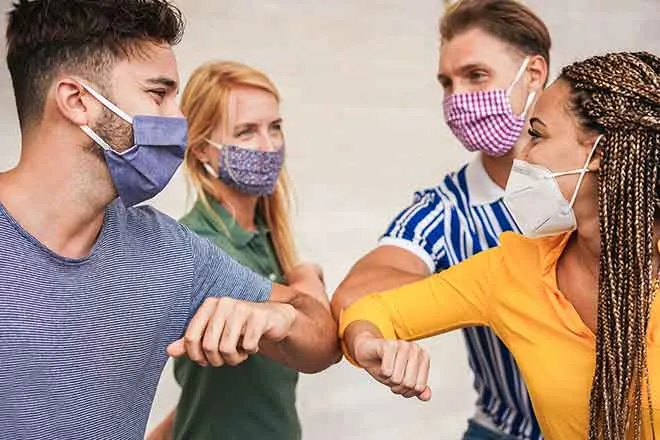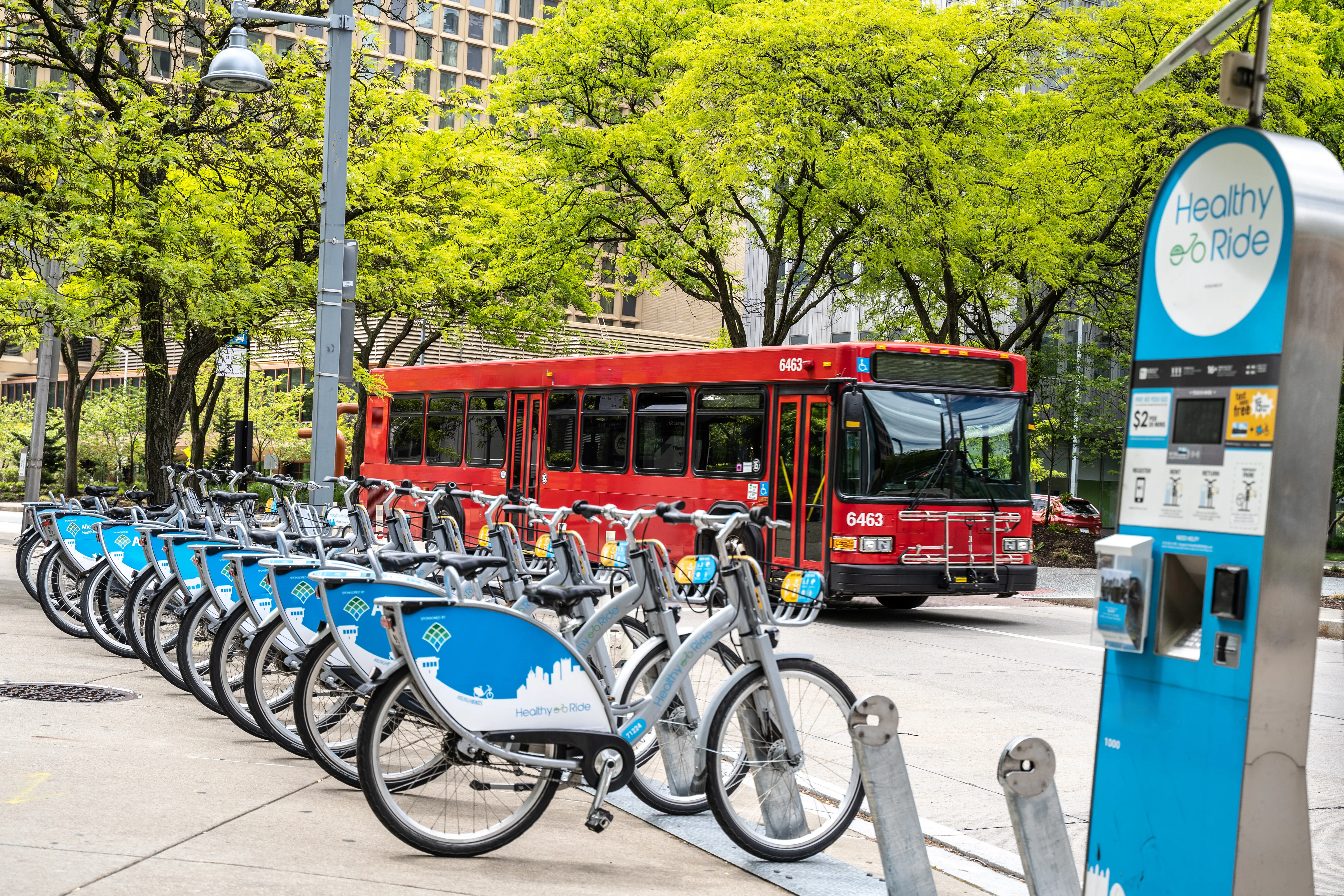
Daily Audio Newscast - June 3, 2024
News from around the nation.
Oregon's first in nation to use Medicaid dollars to protect against climate change; Schiff says Biden campaign should go after Trump for guilty verdict; New recommendations could enhance flood resilience in Appalachia; Prison to College Pipeline program empowers men at Parchman.
TRANSCRIPT
The Public News Service Daily Newscast, June the 3rd, 2024.
I'm Mike Clifford.
Oregon is trying out a first in the nation experiment to use Medicaid dollars to prevent health impacts from climate related disasters.
Eric Tadoff lets us know that's according to reporting from KFF Health News.
Since March, the state has been sending out equipment like air conditioners and air purifiers to residents at risk from events such as extreme heat and wildfire smoke, which have increased in Oregon in recent years.
Dave Baden is Deputy Director for Programs and Policy at the Oregon Health Authority.
He says the OHA will be examining the effectiveness of this benefit.
That's really the excitement and the test that we're doing here in Oregon is looking at this and whether it makes sense, whether it reduces costs, whether it makes people healthier and trying to protect them from a continuing changing climate.
Baden stresses that only a subset of Medicaid recipients in the state will be eligible based on their individual needs.
He says the program is a reaction to increasingly hot summers in the Northwest and extreme events like the 2021 heat dome in which more than 100 people in the state died.
Meantime, Adam Schiff of California said President Biden should campaign off of former President Donald Trump's convictions, that from the Hill.
They quote him as saying, I think for the president, there's a time and place for each argument.
I think on the day of conviction and the day after, I can understand the president staying above the fray.
Schiff added, but I think the president should be leaning into this issue going forward.
He added his competitor is a convicted felon, and he said you can only imagine if the situation was reversed, they would be going after Joe Biden with a vengeance.
Meantime, flooding disasters in the Appalachian region have raised the urgency for better food risk management.
The nonprofit Reimagined Appalachia and partner organizations have released new flood policy recommendations.
They describe it as a four pillar road map to address flood risk and enhance resilience in the region.
Mayor Todd DePriest of Jenkins, Kentucky, says part of the significance of this platform is that it could help expedite funding and eventually a faster recovery for residents affected by disasters.
He says two years ago, Jenkins was hit with historic flooding and is still rebuilding.
I really support the recommendation that FEMA public assistance funding be structured differently, especially for smaller communities with lower budgets.
It's just tough on us to find a match for just about anything.
We can look at a lot of grants or a lot of projects, but just finding that extra $5,000, $10,000, $20,000 is a difference in another project or something else that we can be doing.
The flood policy platform calls for a FEMA public assistance restructure, more relief for lower income households, investment in nature based solutions, and enhanced flood mapping to bolster resilience in disadvantaged communities.
The new farm bill in Congress could also help combat flooding.
For Public News Service, I'm Shantia Hudson, founder of Trust Indicators at PublicNewsService.org.
And partner organizations, this is Public News Service.
And scientists in Iowa and their partners are going after what they call the low hanging fruit in their effort to sequester carbon and combat climate change.
We get more in this Inside Climate News Solutions Journalism, Iowa News Service collaboration.
It's called biochar, and it's made by heating wood and other biomass at high temperatures with no oxygen.
Biochar makes Iowa's rich soil even more fertile, but it also turns that soil into one of the world's most efficient carbon sinks, allowing it to absorb fossil fuel emissions while creating healthier soil and sustainable fuels.
To Iowa State University soil science professor David Laird, mixing biochar into the soils is targeting the low hanging fruit in carbon sequestration.
Biochar is not the solution to climate change, but it is a piece of the solution.
And it is one that is at a technology readiness level to be scaled up rapidly.
I'm Mark Moran.
And a program in Mississippi is increasing access to educational opportunities for those behind bars.
The University of Mississippi's Prison to College Pipeline Program offers students at the Mississippi State Penitentiary at Parchman the option to take college courses and earn credits.
Program director Dr. Patrick Elliott Alexander says the initiative goes beyond reducing recidivism rates, explaining the courses prioritizes equitable education and intellectual growth for this underserved population.
The courses are team taught, they're student centered, they've been humanities based.
We've taught courses in the fields of history, a lot in English, African American studies and ranging from topics like Shakespeare, the history of Africa.
There's a great course going on right now on life writing and teaching people how to write about their lives.
For Public News Service, I'm Danielle Smith.
Find our trust indicators at publicnewsservice.org.
And finally our Catherine Cawley reports a new report ranks New Hampshire as the fourth healthiest state in the nation for seniors.
The state's uninsured rate is down more than 20 percent since 2019, but seniors still show a high prevalence of cardiovascular disease and multiple chronic conditions.
Dr. Rhonda Randall, a geriatrician and chief medical officer with UnitedHealthcare, says more seniors are living with depression and would benefit from access to telehealth services.
This is significant because it helps us connect with our family and our friends and it helps us connect with our health care providers whenever we need to see a doctor or access care remotely.
Randall says while the number of geriatric health care professionals has increased nationwide, too many families still rely on family members for help.
This is Mike Clifford and thank you for starting your week with Public News Service.
Member enlist is supported.
And of course our great radio stations are now on your favorite podcast platform.
Find our trust indicators at publicnewsservice.org.

















